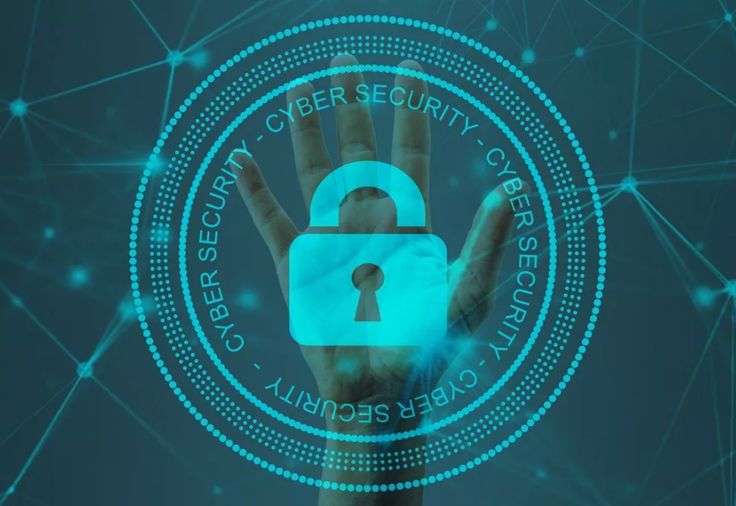Protect your digital assets with practical advice on online security and data privacy. Stay safe from hacks, scams, and vulnerabilities.
Staying Safe in a Connected World: Why Cybersecurity Matters More Than Ever
Imagine this: You wake up one morning, check your phone, and realize you can’t log into your bank account. Strange transactions appear in your email inbox. Your personal photos have vanished from your cloud storage. Panic sets in. Unfortunately, this nightmare is becoming a reality for many people as the world grows more connected, and the risks of cybercrime increase.
Africa’s digital landscape is expanding rapidly. With over 570 million internet users in 2022, nearly double from just a few years earlier, the continent is racing to embrace the opportunities the internet brings. Online banking, e-commerce, telemedicine, and remote education are no longer luxuries but necessities. But with connectivity comes vulnerability. Cyber threats like ransomware, phishing, and identity theft are becoming more frequent and sophisticated.
One thing I’ve learned from working with small businesses and individuals is that cybersecurity often feels overwhelming or distant. People think it’s something only large companies need to worry about. But that’s far from the truth. Every email, every website visit, every transaction carries some risk if you don’t take simple precautions.
Start with the basics. Passwords are your first line of defense. But “password123” or “qwerty” won’t cut it anymore. Using strong, unique passwords 12 characters or more, mixing letters, numbers, and symbols is essential. I often recommend password managers like LastPass or Bitwarden because remembering dozens of complex passwords isn’t realistic for most people.
Two-factor authentication (2FA) is another powerful tool. It adds a second step when you log in—usually a code sent to your phone or generated by an app which makes it much harder for hackers to gain access, even if they steal your password.
Public Wi-Fi can be a hacker’s playground. If you’re working from a café or airport, using a Virtual Private Network (VPN) encrypts your internet connection, shielding your data from prying eyes. This simple step can protect you from man-in-the-middle attacks and data snooping.
For businesses, the stakes are higher but the solutions often build on these same principles. Regular software updates patch security holes. Firewalls and antivirus software block malicious attacks. Employees need training not just IT staff to recognize phishing emails and suspicious links.
I’ve seen businesses crippled by ransomware that locked their files and demanded payment. Those stories always hit close to home. But with good backups weekly, if possible stored offline or in secure cloud storage, the damage can be minimized. Ransomware can’t encrypt what’s safely backed up.
And then there’s website security. Every business or entrepreneur with an online presence needs SSL certificates. That little padlock in your browser isn’t just a symbol; it means data sent between you and the website is encrypted and safe from interception. EcoHost ensures SSL certificates are part of our hosting packages because protecting user data isn’t optional it’s fundamental.
Cybersecurity isn’t static. Threats evolve daily, and so must our defenses. That’s why continuous learning and vigilance are vital. Following trusted tech news, attending workshops, or even online courses can keep you updated on best practices.
In Africa, governments and organizations are stepping up. Kenya’s new AI and digital skills centers, supported by Microsoft and the UNDP, include cybersecurity training for civil servants, recognizing that a secure digital government means safer citizens.
What I want people to understand is that cybersecurity isn’t about fear. It’s about empowerment. Taking a few practical steps puts control back in your hands. You don’t have to be a tech expert to protect yourself or your business.
It’s about building trust. When customers see that your website is secure, your payments are safe, and their data is respected, they’re more likely to engage and stay loyal.
We all live in a digital world now. And just as we lock our homes and secure our valuables, we need to lock down our digital spaces too. It might seem small using a strong password, updating software but these small actions create a strong fortress.
Remember, cybersecurity is a journey, not a destination. Every step you take today makes the digital world safer for you, your family, and your community.
Back to Home

